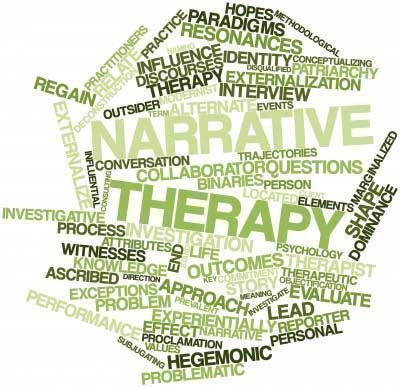
The conquest of one’s narrative plot
The conquest of one's narrative plot
F in antiquity, the man warned the need to fix his experience, in an attempt to win the transience of his existence, but also to reflect on his experience, understand its meaning and acquire new vital momentum . Give life to a story about one's experiences, leads to improvements in physical and mental health (Glaser 1988). Talking about autobiographical thought means wanting to highlight the healing and educational power inherent in introspective, mnemic, reflective and narrative processes, which when they have personal history as their object. Once the experience has structure and meaning, it follows that the emotional effects of the same experience can be more controlled, allowing for self-reflection, affect regulation. In unraveling the threads of his own existence, the subject becomes the protagonist of his story. The effectiveness of this consists in conquest of its own narrative plot.
Precisely because 'one cannot grasp oneself outside of time and therefore outside of the story' (Paul Ricoeur, 1988). The (auto)biography is a research, an excavation into the past, which is not based on pure re-experiencing, but is a reliving to rediscover, to interpret, to give voice to some events and silence others. In fact, words have an evocative capacity: they lead back to images and actions, they recreate environments, they revive relationships and affections, attachments and losses. Through memory, the meaning of one's experience is reconstructed. says J. Thomas: “The man who does not return to what he has lived remains on the surface of himself.
There is no experience in the pure happening of events". So let's try to freely write our own story, our own poem. The effect will be surprising: we will be able to re-read our moods and make sense of them, put our thoughts in order, communicate and get to know each other better.
Above all, we will be able to lighten some oppressive burdens.

